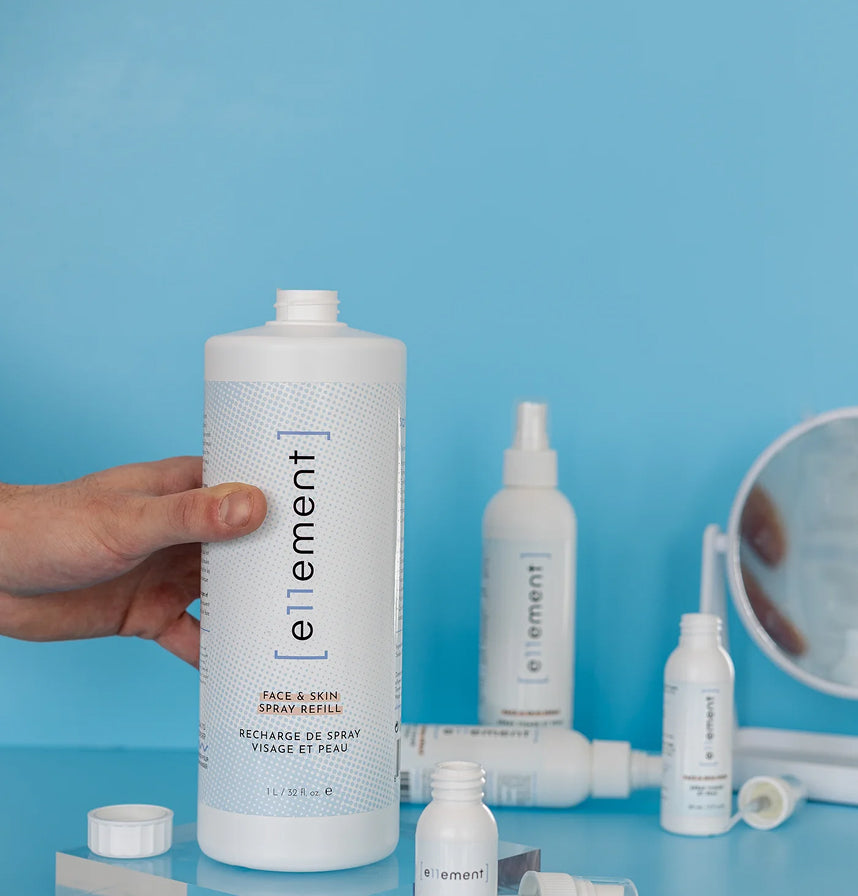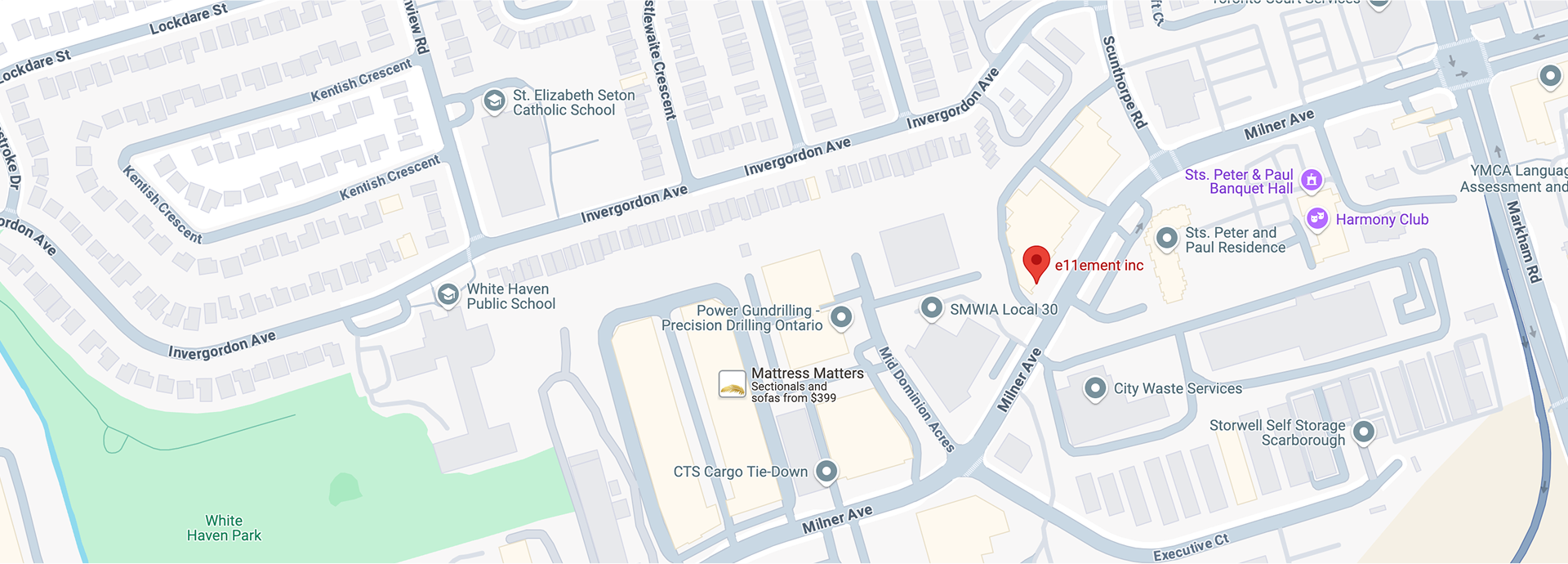Winter often brings dryness, irritation, and unexpected acne flare-ups. Many people assume cold weather helps control oil, but the opposite can happen. When the skin barrier weakens due to low humidity, your skin may produce more oil, leading to clogged pores and breakouts. One gentle yet effective solution gaining attention is hypochlorous acid, a skin-safe ingredient known for ease-of-use and calming benefits..
Why Winter Breakouts Happen
Cold months can disrupt your skin in several ways. Understanding these causes makes it easier to choose the right treatments.
Dry Air Weakens the Skin Barrier
Winter air has less moisture, and indoor heaters make the environment even drier. As your skin loses hydration, the barrier becomes less effective. This leads to:
-
Redness
-
Tightness
-
Increased sensitivity
-
Compensatory oil production
When the barrier is weak, even mild irritation can trigger clogged pores or breakouts.
More Cell Build-Up on the Skin
Dry skin tends to shed slower, leading to dead cells remaining on the surface. When mixed with oil, these can block pores.
Using Heavy Products Without Balance
Some winter moisturizers contain occlusive ingredients. Although they help lock in hydration, using them without proper cleansing or exfoliation may contribute to congestion.
Stress and Lifestyle Changes
Shorter days, holiday routines, and disruptions in sleep can impact skin behavior. Stress increases cortisol, which may lead to inflammation and acne.

What Is Hypochlorous Acid?
Hypochlorous acid is a naturally occurring compound made by the body’s immune system. It plays a role in calming irritation and maintaining skin cleanliness. In skincare, it is used in a gentle form suitable for daily use.
How Hypochlorous Acid Helps Winter Skin
When the goal is to Clear Winter Breakouts with Hypochlorous Acid, the ingredient supports the skin in multiple ways:
1. Keeps Pores Clean Without Drying
Many acne treatments in winter can worsen dryness. Hypochlorous acid is non-stripping, allowing the skin to stay clear without disrupting hydration.
2. Calms Irritated Skin
Winter acne often appears red and inflamed. Hypochlorous acid can help calm visible irritation while supporting the skin barrier.
3. Supports Barrier Recovery
Hypochlorous acid works well for compromised winter skin because it helps maintain balance and supports recovery without harsh side effects.
Benefits of Using Hypochlorous Acid in Winter
Adding hypochlorous acid to your routine provides several advantages.
Works on All Skin Types
Whether you have oily, dry, or combination skin, hypochlorous acid fits well within your routine because of its gentle nature.
Helps After Sweating or Outdoor Activity
Cold weather often encourages indoor workouts, and sweat accumulation may clog pores. A quick application of hypochlorous acid helps keep the skin fresh.
Suitable for Mask-Related Breakouts
Wearing scarves or masks in winter may cause friction. Hypochlorous acid helps calm irritation in these areas.
Why Hypochlorous Acid Is a Good Winter Companion
Because winter acne is linked to dryness, irritation, and barrier damage, hypochlorous acid offers a gentle solution that fits into any daily routine. It helps keep pores clean, reduces visible irritation, and maintains balance without adding heaviness to the skin. Incorporating it consistently is one of the simplest ways to Clear Winter Breakouts with Hypochlorous Acid and keep your complexion clear through the season.























